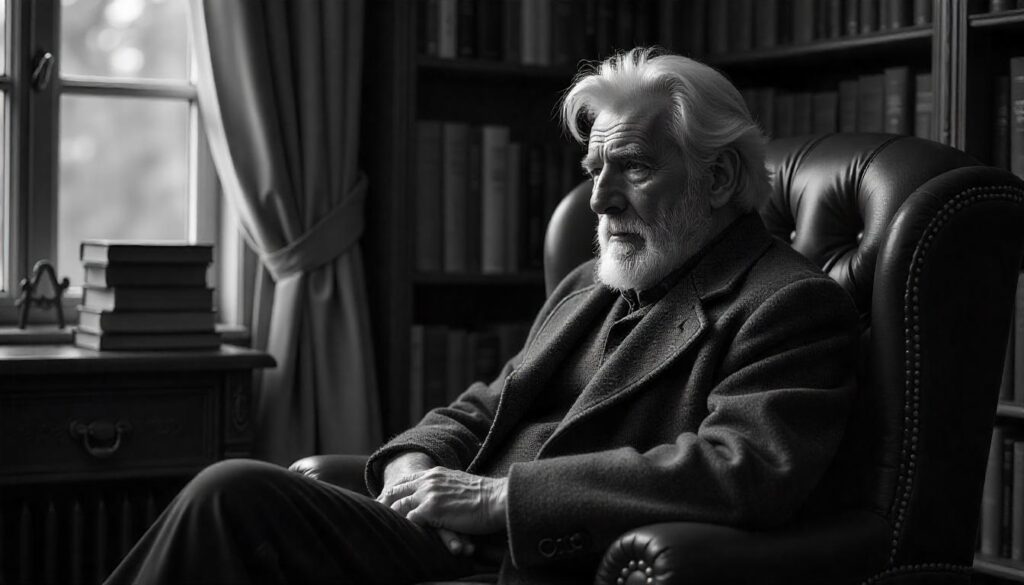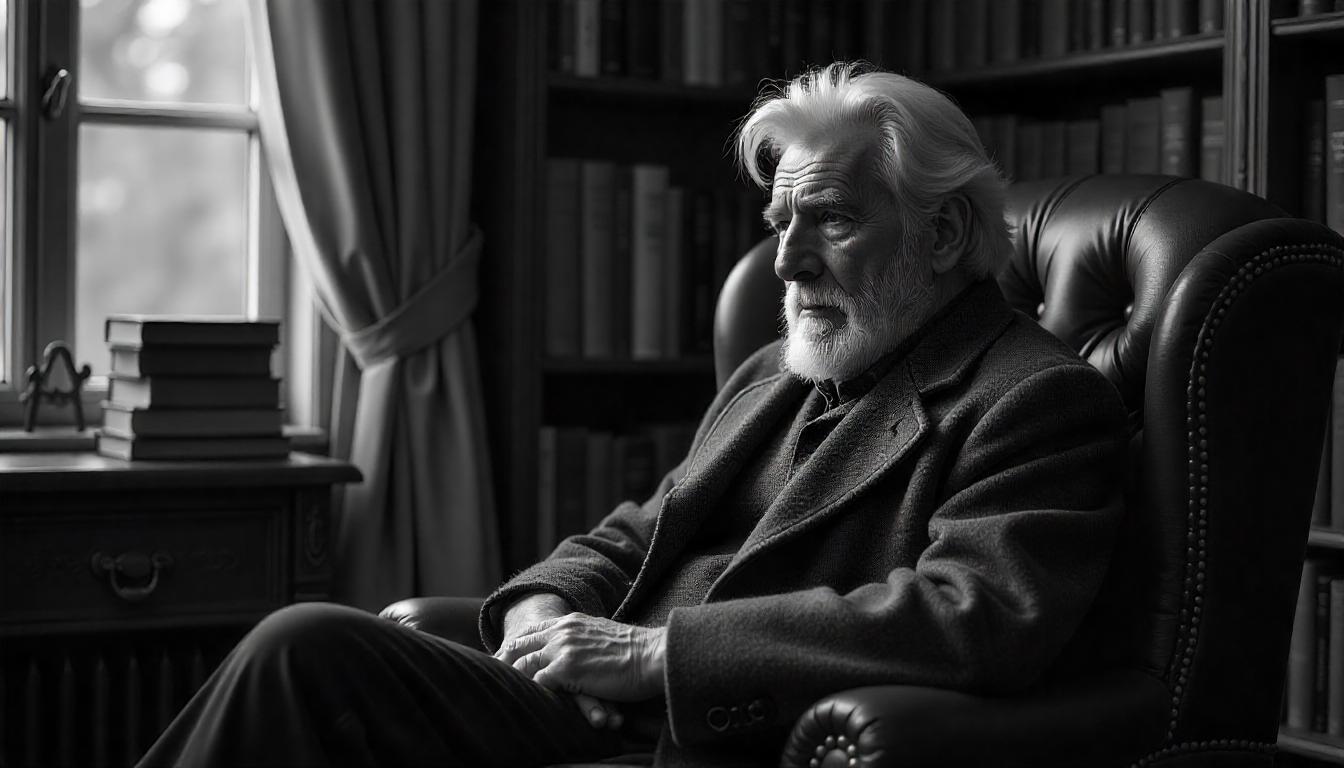In life, we often seek advice – on relationships, careers, life choices, and everything in between. But here’s something that’s not said enough: all advice is autobiographical. Behind every word of counsel lies a personal story, a perspective shaped by unique experiences, biases, scars, victories, and failures.

When people speak to you about what to do or how to go about a situation, they’re often projecting their own journeys, consciously or unconsciously. Advice is rarely ever neutral. It is heavily influenced by the person’s own life context, what they’ve been through, what they’ve survived, and sometimes, what they regret. In truth, people only have something substantial to say when they have lived through something similar—or something they think resembles what you’re facing.
Considering the fact that no two circumstances are the same, taking advice literally or at face value is not the wisdom it appears to be. If anything, it can be misleading. This is not to discredit wise counsel entirely, but to shine a light on the fact that much of what we hear is laden with personal biases, emotional residue, and filtered memories. Advice, no matter how noble or well-meaning, is often not as pure or universally applicable as it seems.
People give advice through the scars of their own pain. And while someone’s pain might look like yours from the outside, it rarely ever is. Their pain has their DNA written all over it: their stories, their experiences, everything tailored to the life they have lived, but you on the other hand, your own journey is etched with different contexts, decisions, and dynamics. So when someone speaks from a place of their own loss, heartbreak, or success, it’s not your story they’re narrating, it’s theirs—and it’s very important to always remember this.
Imagine someone like Aliko Dangote giving financial advice. Of course, his success story is both inspiring and impressive. But remember, he was born into the Dantata family, with access to opportunities and resources that most people will never see in their lifetime. His path to wealth was paved differently, and although there are principles we can all borrow from successful individuals, the realities are worlds apart. So while Dangote’s words may sound golden, they are wrapped in a context most of us can’t fully relate to. And the danger lies in assuming those principles are universally transferrable.
Even the most spiritual or morally upright figures are still human. They have their own blind spots and internal struggles. The best of man is still just a man. Blindly following anyone—whether they’re a guru, mentor, religious leader, or friend—is a risk you shouldn’t be willing to take. No one’s advice is sacred enough to be taken without questioning. Every piece of counsel you receive must pass through the rigorous filters of discernment, self-awareness, and contextual relevance.
Wisdom, in its purest form, doesn’t come from others—it starts from within. It is best cultivated in a mind that is deeply self-aware. A sharp, introspective mind can separate useful insight from unnecessary noise. This is why it is crucial to study yourself more than you study things. Know yourself more than you know others. Understand your unique patterns, your tendencies, your wiring. There are policies, systems, and strategies that are bespoke to you. Only you can understand your internal rhythms and what works best for your life journey.

That is not to say that advice is useless. Far from it. Advice can serve as a compass, a reference point. But it should never be taken as law. Let it be a guideline, not a commandment. Take what aligns, discard what doesn’t. Even if something worked miraculously for someone else, it doesn’t mean it’s destined to work for you. Life is not a copy-and-paste template.
So the next time someone offers you advice, pause and ask yourself:
- Does this align with who I am and where I am?
- Does it take into consideration my reality?
- Is this advice being offered from a healed place or a hurting one?
- Am I being told what they would do, or what is genuinely best for me?
We owe it to ourselves to process every word we hear through the lens of personal truth. Take in counsel, yes, but filter it with care. Life is too nuanced for one-size-fits-all solutions. Be open, but not gullible. Be humble enough to listen, but wise enough to question. At the end of the day, no one lives your life but you.
And that’s where the ultimate wisdom lies—not in the mouths of others, but in the depths of your own discernment.


4 Responses
So you’re advising us on advices 😉, ok, I’ll “filter it with care”.
Isn’t it funny? The irony lol
I guess advises shouldn’t be taken at face value anymore
Wow! This is fact.
Thanks for sharing ideas, may God continue to grant you the wisdom needed to continue your Passion.